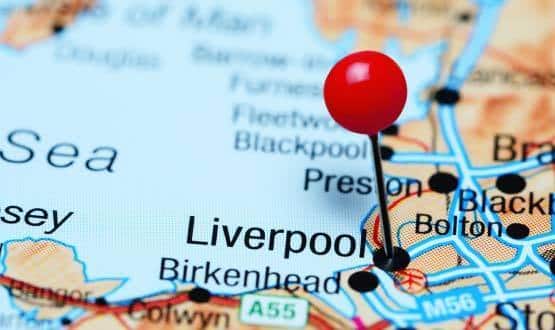The challenges and opportunities of a centralised IT service desk
- 27 April 2018

David Gordon, head of IT service operations at NHS Informatics Merseyside, talks through the challenges of moving to a central IT service desk – as well as the benefits that can be realised when those challenges are overcome.
When Informatics Merseyside (then North Mersey Health Informatics Service) was established in 2006, it brought together information technology colleagues from several NHS organisations. Together they formed a shared IT service, providing support to over 18,000 NHS staff spanning primary, community, mental health, acute and specialist care.
At that time, each organisation had its own IT service desk. This meant IT colleagues had a very good local understanding of the clinical and business systems in use within a particular organisation.
But the setup also proved costly and inefficient, with duplicated effort and differing processes making collaboration difficult. There were also challenges with resource availability to support out of hours and peak time activity.
To help deliver cost and efficiency improvements, bringing these IT service desks together was a logical decision but no easy feat.
Sharing knowledge
The first challenge faced was the variation of organisations supported. Each IT service desk managed very different systems and had very different terminologies and processes. Consequently the skills and knowledge of the engineers varied significantly.
To support cross-organisation working, Informatics Merseyside spent time engaging with staff to understand local systems and processes. It then put in place the tools, training and solutions – including an IT service management platform, Sunrise – to give engineers the ability to handle any query, on any system, across every organisation supported.
Skills-based routing was extremely helpful early on and is still used today. It means those contacting the service desk are matched with the engineer who has the most knowledge of the systems in place at that customer’s organisation.
A knowledge base in SharePoint was also developed, providing a searchable database of over 2,300 documented knowledge articles to assist engineers when providing IT support.
Keeping a local presence
With any centralised approach, there is always the worry, particularly for those contacting the service desk, that the local support and knowledge enjoyed previously might be lost. One way Informatics Merseyside was able to maintain a local presence was through being visible and holding roadshow events.
Engineers would visit organisations to provide on-site assistance and share news on any new developments. These events take place regularly and are a useful mechanism for customers to put a face to the voice and to offer feedback.
To help create a connection between customers and the IT service desk, the branding “Your IT Service Desk” has been used across all communication channels and contacts. This reassures that we are always there to provide support, and we think means we are also seen as approachable and friendly.
Managing change
One of the biggest challenges in creating a centralised service is culture. IT colleagues came from very different organisations, with different systems and ways of doing things. Naturally people fear change and can sometimes be resistant to different ways of working.
To manage this effectively, the journey towards a centralised service was not immediate and took place in defined stages. Change took place iteratively – while a virtual team was quickly established, there were originally several service desks located across multiple locations and teams were eventually merged over time until moving to a new, single location five years ago.
Having everyone together in a single location has been key to delivering the benefits of a shared service approach, with knowledge and resource sharing, improved communication, and reduced duplication.
Customer-centric approach
The service desk is very much seen as the voice of the organisation and first impressions count. So engineers have all attended bespoke customer service training, with service levels and quality continually reviewed.
Service desk engineer roles, which were traditionally frontline, have been expanded to allow time for skills development ‘off the phone’ to work on solutions to problems. This has meant engineers have been able to move elsewhere within the organisation to expand their knowledge and experience further.
One of the service desk’s key differentiators is that an out of hours service is now provided, both to partner organisations and wider healthcare organisations. For organisations to host this service individually would be cost prohibitive.
The value of benchmarking
Surveys show a 98% satisfaction rate with the service desk. We are constantly analysing that 2% to see where we can improve. We benefit from strong alignment with the objectives of our six partner organisations – we are governed by a partnership board made up of their senior leaders, which ensures that we are continually meeting our partners’ needs.
We regularly benchmark ourselves on value for money. This helps us articulate the benefits we deliver, which tend to go beyond cost and to the value we add.
As a service, Informatics Merseyside was the first NHS IT Service Desk in England to achieve 3-star certification from the Service Desk Institute (SDI), supported by the reporting, data and processes that our IT service management platform provided us with.
Being able to benchmark the service against an international framework as well as winning awards has generated a lot of pride within the team. This has boosted confidence and encouraged team members to suggest further expansions and improvements.
Adopting a shared services model has given us economies of scale, but that was just the starting point. What it has really allowed us to do is to transform how we operate and ensure we are continuing to meet the needs of those we support – going beyond greater efficiency to becoming a key part of the organisation and its objectives.


